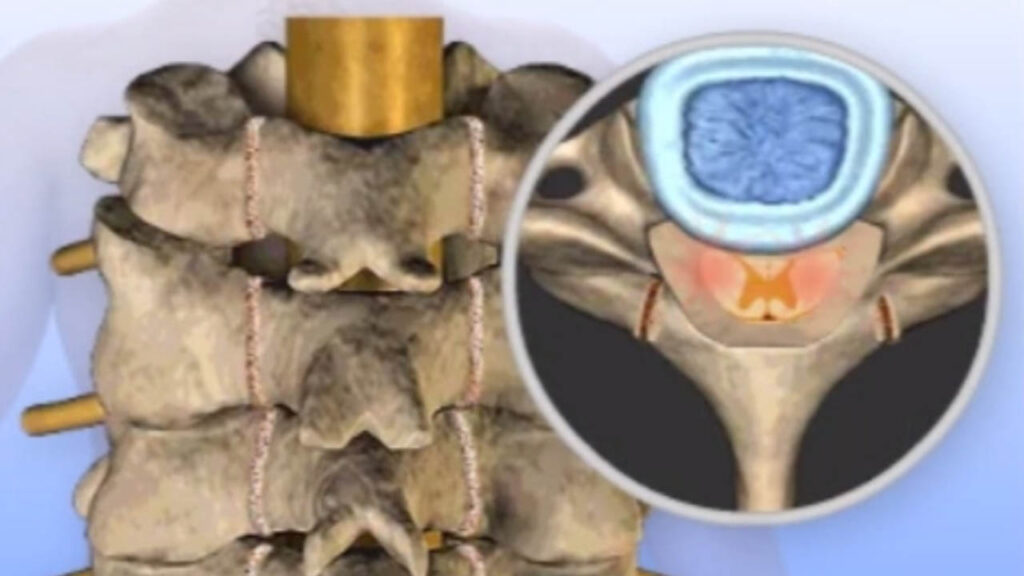Laminoplasty

Laminoplasty
Contact Us
Related Videos :
Frequently Asked Questions :
1. What is the recovery time after laminoplasty?
Recovery can vary but generally takes about 4 to 6 weeks. Most patients can return to normal activities within this timeframe.
2. Are there any risks associated with laminoplasty?
As with any surgery, potential risks include infection, bleeding, and complications related to anesthesia. Discussing these with Dr. Suraj Munjal during your consultation is crucial.
3. How can I prepare for laminoplasty surgery?
Preparation may include medical evaluations, imaging tests, and discussions regarding medications. Dr. Munjal will provide detailed pre-operative instructions.

About Laminoplasty
Laminoplasty is a surgical procedure designed to relieve pressure on the spinal cord and nerves caused by conditions such as spinal stenosis. It involves the modification of the lamina, the bony structure of the vertebrae, to create more space within the spinal canal. Dr. Sandeep Vaishya, a renowned neurosurgeon, specializes in advanced spinal surgeries, offering patients effective solutions for their spinal issues.
Causes of Spinal Stenosis
Spinal stenosis, the primary condition treated by laminoplasty, can be caused by various factors, including:
- Degenerative Changes: Aging can lead to the deterioration of spinal discs and joints, causing narrowing of the spinal canal.
- Herniated Discs: Discs that bulge out of their normal space can compress the spinal cord.
- Bone Overgrowth: Conditions such as osteoarthritis can cause the formation of bone spurs, further narrowing the canal.
- Congenital Conditions: Some individuals may be born with a naturally narrow spinal canal.
Types of Laminoplasty
Laminoplasty can be classified into two main types:
- Open Laminoplasty: Involves a larger incision and direct access to the spine, allowing for significant decompression of the spinal cord.
- Minimally Invasive Laminoplasty: Utilizes smaller incisions and specialized instruments, leading to less tissue damage, quicker recovery, and reduced post-operative pain.
Symptoms Indicating the Need for Laminoplasty
Patients experiencing spinal stenosis may present with several symptoms, including:
- Chronic back pain
- Numbness or tingling in the extremities
- Weakness in the legs or arms
- Difficulty walking or maintaining balance
- Pain that worsens when standing or walking and improves when sitting
Diagnosis of Spinal Stenosis
Diagnosing spinal stenosis typically involves:
- Medical History Review: Understanding the patient’s symptoms and medical background.
- Physical Examination: Assessing neurological function and spinal alignment.
- Imaging Tests: MRI or CT scans provide detailed images of the spine, allowing for an accurate diagnosis.
Treatment Options for Laminoplasty
Dr. Sandeep Vaishya offers comprehensive treatment options, including:
- Conservative Treatments: Physical therapy, medications, and lifestyle changes may alleviate symptoms.
- Surgical Intervention: When conservative methods fail, laminoplasty is considered to decompress the spinal canal and alleviate symptoms.
Cost of Treatment and Stay in India
The cost of laminoplasty in India can vary based on multiple factors such as hospital choice, surgeon expertise, and the complexity of the case. On average, the cost ranges from $5,000 to $15,000. Additionally, patients should consider expenses for pre-operative evaluations, post-operative care, and accommodations during their stay in India. Dr. Sandeep Vaishya’s clinic offers assistance with medical tourism, ensuring a comfortable and supportive experience for international patients.